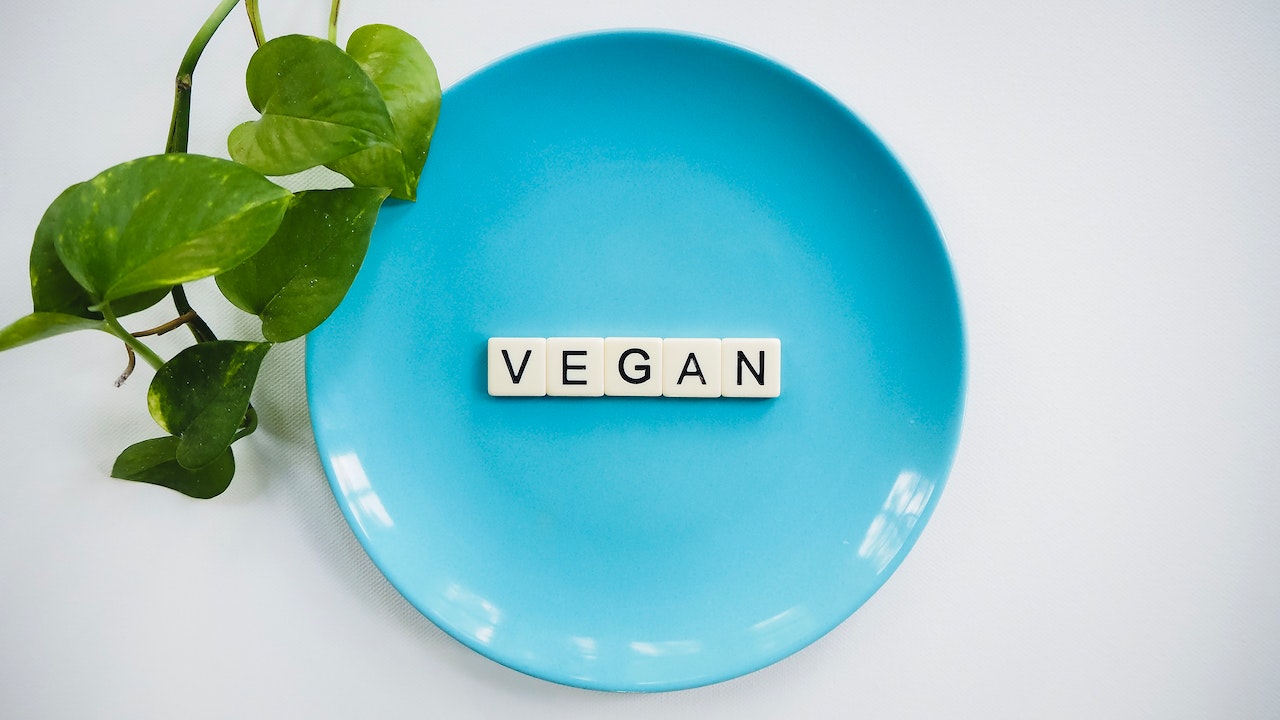A vegan diet is a plant-based diet that excludes all animal products, including meat, dairy, eggs, and honey. Here are some of the benefits of following a vegan diet:
Improved Heart Health
A vegan diet can reduce the risk of heart disease by lowering blood pressure, cholesterol levels. They can also reduce the risk of stroke and heart attack.
Lowered Cancer Risk
Studies have shown that vegans have a lower risk of certain types of cancer, including breast, colon, and prostate cancer.
Improved Digestive Health
A vegan diet is rich in fiber, which can help improve digestive health by promoting regular bowel movements and reducing the risk of constipation, bloating, and other digestive issues.
Weight Loss
A vegan diet is often lower in calories and higher in fiber compared to a diet that includes animal products, which can lead to weight loss and a reduction in body mass index (BMI).
Increased Nutrient Intake
A well-planned vegan diet can provide all the necessary nutrients, including protein, iron, calcium, and vitamin B12, as well as being high in antioxidants and phytochemicals.
Reduced Carbon Footprint
Animal agriculture is a significant contributor to greenhouse gas emissions, and a vegan diet can significantly reduce an individual’s carbon footprint and contribute to a more sustainable environment.
Improved Animal Welfare
A vegan diet is often motivated by ethical concerns surrounding animal welfare and can lead to a reduction in animal suffering and exploitation.
Overall, a well-planned vegan diet can provide numerous health benefits and contribute to a more sustainable and ethical lifestyle. It is important to ensure that all necessary nutrients are included in the diet through a variety of plant-based sources or through supplementation.

